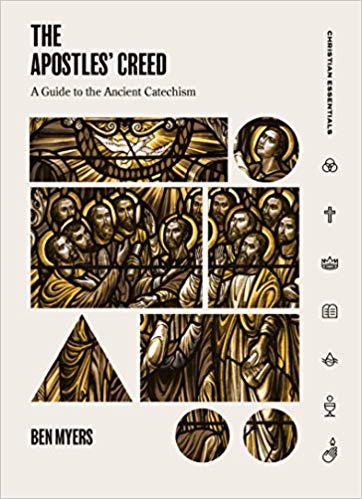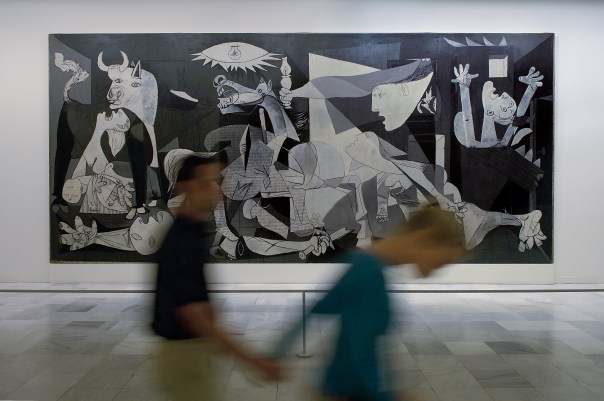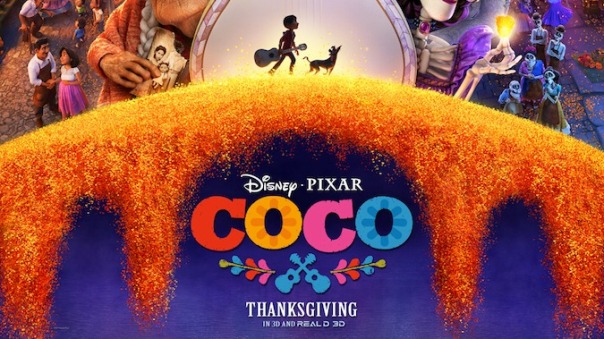
I did not grow up saying The Apostles’ Creed. Bar the mention of the Communion of Saints – not something I remember being articulated – its doctrine is all very familiar to me. But I am not accustomed to saying it aloud every Sunday.
I would like to recommend Ben Myers’ little book – The Apostles’ Creed: A guide to the ancient catechism – not only to others who are learning the Creed, but to anyone who would like to read a simple, compelling guide to the Christian faith. I’ve seen a few requests on Twitter lately asking for book recommendations for those exploring Christianity – this would be a wonderful addition.
One of its key strengths is its reminder that, at Christianity’s heart we find not a theory but a person, and that this person brings us into a family – that through baptism we join an “ever-widening circle of people who have handed their lives over to the pattern of Jesus’ life”.
By drawing consistently on the words of the Church Fathers, Myers presents as a friendly guide, initiating the reader into this circle. St Augustine, Gregory of Nazianzus and Julian of Norwich are introduced not merely as historical figures but as friends who have gone ahead of us – members of a family that “stretches out across space but also across time”.

